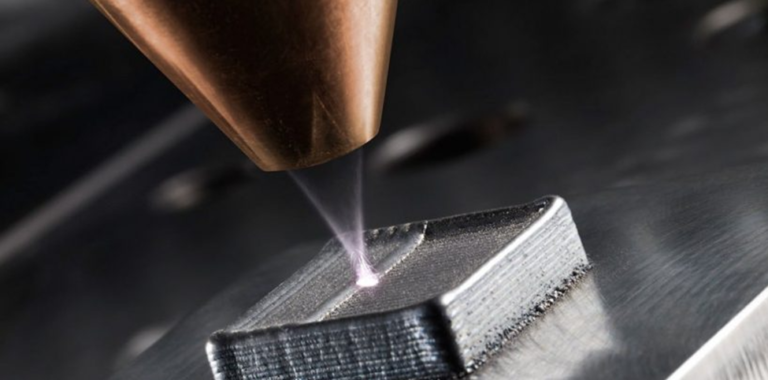AI and Material Fabrication: A New Era of Innovation
AI is transforming material fabrication. It brings efficiency and innovation. AI technologies include machine learning and data analytics.

Design Optimization
AI advances design formation processes. It examines information and proposes improvements. This prompts better materials and designs.
Predictive Maintenance
AI predicts equipment failures. It uses sensors and data analysis. This reduces downtime and maintenance costs.
Quality Control
AI enhances quality control. It detects defects early. This ensures high-quality products.
Material Discovery
AI accelerates material discovery. It analyzes vast datasets. This helps find new materials faster.
Process Automation
AI automates fabrication processes. Robots and AI work together. This increases productivity and precision.
Data Analysis
AI analyzes manufacturing data. It identifies patterns and trends. This improves decision-making.
Supply Chain Optimization
AI optimizes supply chains. It forecasts demand accurately. This reduces inventory costs.
Energy Efficiency
AI improves energy efficiency. It monitors and adjusts processes. This lowers energy consumption.
Customization
AI enables product customization. It adapts designs to customer needs. This enhances customer satisfaction.
Smart Manufacturing
AI creates smart factories. Machines communicate and coordinate. This streamlines production processes.
Material Characterization
AI describes materials. It examines properties and ways of behaving. This guides in choosing the right materials.
Predictive Modeling
AI builds predictive models. It simulates fabrication processes. This reduces trial and error.
Real-Time Monitoring
AI provides real-time monitoring. It tracks production in real time. This improves process control.
AI in Additive Manufacturing
AI enhances 3D printing. It optimizes print parameters. This improves print quality and speed.
AI in Subtractive Manufacturing
AI optimizes CNC machining. It reduces tool wear and tear. This increases machine lifespan.
AI in Composite Fabrication
AI improves composite fabrication. It ensures uniformity and strength. This enhances material performance.
Sustainability
AI promotes sustainability. It minimizes waste and resource use. This supports eco-friendly practices.
AI in Welding
AI optimizes welding processes. It adjusts parameters for better welds. This improves joint strength.
AI in Casting
AI enhances casting processes. It predicts defects and adjusts methods. This ensures high-quality castings.
AI in Inspection
AI automates inspections. It uses vision systems and sensors. This speeds up defect detection.
AI in Surface Treatment
AI optimizes surface treatments. It controls coating processes. This ensures uniform and durable coatings.
AI in Heat Treatment
AI improves heat treatment. It adjusts temperatures and times. This enhances material properties.
AI in Material Handling
AI automates material handling. Robots move and sort materials. This increases efficiency and safety.
Human-Machine Collaboration
AI works on human-machine collaboration. Workers and AI systems collaborate. This combines human skills with AI precision.
Challenges and Opportunities
AI faces challenges in fabrication. Data integration is complex. Skilled personnel are needed.
However, opportunities abound. AI can revolutionize material fabrication. It can lead to smarter factories and better materials.
Future of AI in Fabrication
AI’s future in fabrication is promising. Advances in AI will continue. Integration with other technologies will grow.
Conclusion
AI plays a crucial role by optimizing processes and enhancing the quality of material fabrication. It accelerates discovery and lessens expenses.
AI allows customization and smart engineering. It expands efficiency and encourages sustainability. Challenges occur, but opportunities are enormous. The future of AI in fabrication is optimistic.
FAQ’s
What is AI in material fabrication?
In which way AI optimize design processes?
How does AI enhance quality control?
How does AI accelerate material discovery?
What role does AI play in process automation? How does AI improve energy efficiency in fabrication?






